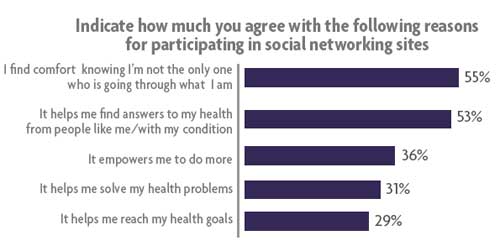Microsoft announced yesterday that it will partner with General Electric to form a new company aimed at improving the accessibility of healthcare information. The two hope to optimize the treatment that healthcare providers can offer patients while minimizing the cost often passed on to patients. In what is touted as the ideal combination of Microsoft’s innovation and expertise in developing software platforms with GE Healthcare’s experience in administrative and workflow solutions, their goal is to enable “healthcare professionals and organizations with the intelligence and capabilities to respond to the rapidly evolving and complex healthcare landscape.”
Anything that can take the burden and frustration off of patients from the healthcare industry’s hardly navigable morass of bureaucracy and costliness is a welcome change. Building on existing offerings from both companies, Microsoft and GE believe that they can ultimately improve the quality of healthcare given to patients. Quoted from Microsoft’s press release, Jeffrey R. Immelt, chairman and CEO of GE, explained the goals of the partnership:
The complementary nature of GE Healthcare’s and Microsoft’s individual expertise will drive new insights, solutions and efficiencies to further advance the two companies’ shared vision of a connected, patient-centric healthcare system. The global healthcare challenges of access, cost and quality of care delivery are creating a new focus on the performance and accountability of healthcare delivery systems — in every country, at every level of care. This venture will demonstrate what is possible when leading companies with complementary capabilities work together to meet a common goal.
Microsoft CEO Steve Ballmer added:
High-quality, affordable healthcare is one of the biggest challenges facing every nation, but it’s also an area where technology can make a huge difference. Combining Microsoft’s open, interoperable health platforms and software expertise with GE’s experience and healthcare solutions will create exciting opportunities for patients and healthcare providers alike. Working together, GE and Microsoft can help make healthcare systems more intelligent and cost efficient while improving patient care.
Some of the platforms planned by the joint venture is a software suite that will include Microsoft Amalga, Microsoft Vergence, Microsoft expreSSO, GE Healthcare eHealth, and GE Healthcare Qualibiria. The two companies hope that their endeavor will address many of the problems they have identified in the current healthcare system, such as healthcare associated infections and chronic disease management. Michael J. Simpson, current vice president and general manager of GE Healthcare IT, will serve as the company’s CEO. The two companies also project that the venture will produce job growth within its first five years of existence.
Despite the fact that the new company has not yet been christened with a name, it is slated to launch sometime in the first half of 2012.


